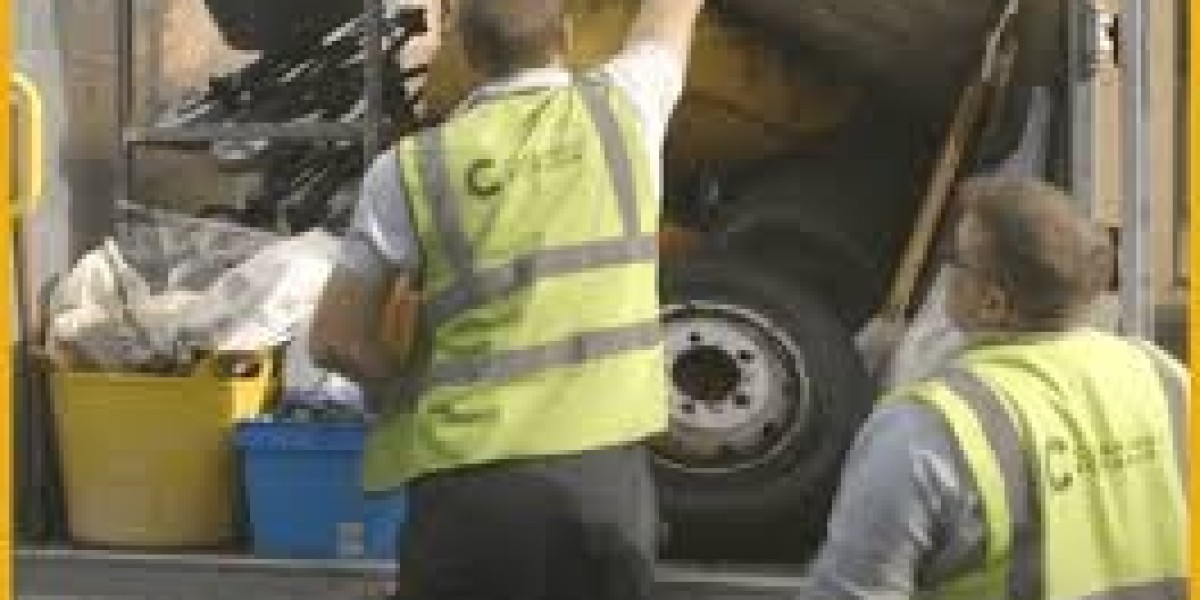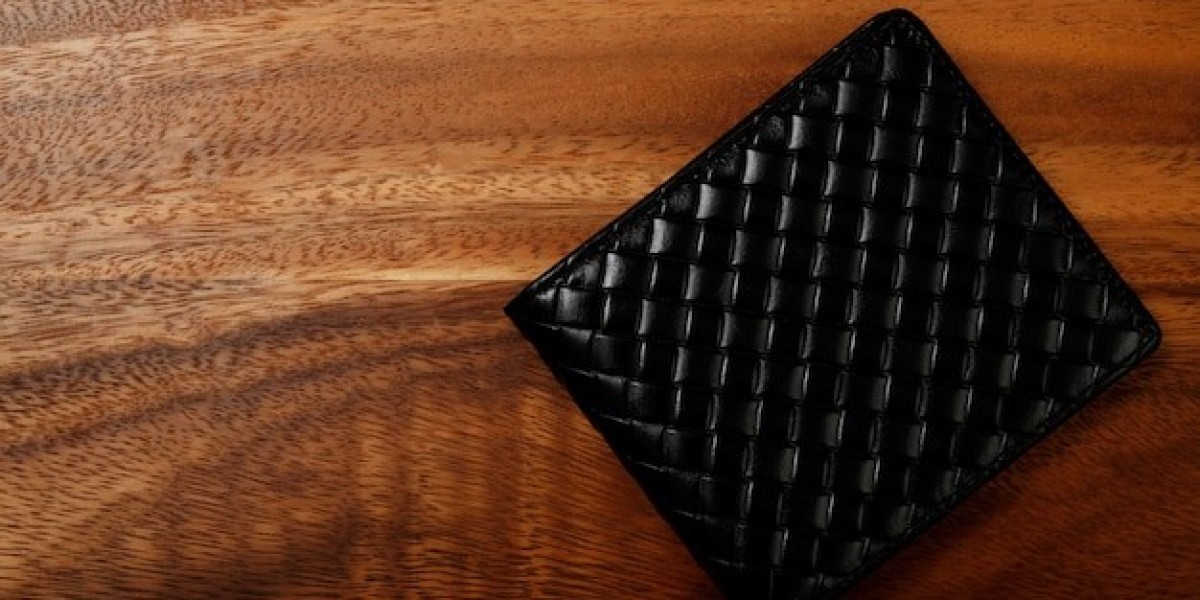Rubbish Skip Bins: The Ultimate Guide to Efficient Waste Management
In an era where sustainability and efficiency are at the forefront of every waste management discussion, rubbish skip bins have become one of the most practical and reliable solutions for both residential and commercial waste disposal. Whether you’re clearing out your home, renovating your office, or managing construction debris, skip bins provide a safe, convenient, and eco-friendly way to handle rubbish.
This comprehensive guide covers everything you need to know about rubbish skip bins — their uses, sizes, benefits, and how they contribute to responsible waste management.
What Are Rubbish Skip Bins?
Rubbish skip bins are large, open-topped containers designed for collecting and transporting various types of waste. They are widely used by homeowners, builders, landscapers, and businesses to manage rubbish efficiently.
Once filled, a waste management company collects the skip using specialized trucks and transports it to a recycling or disposal facility. This process eliminates the need for multiple trips to a landfill or recycling centre, saving time, effort, and money.
Skip bins come in different types and capacities, making them versatile for all kinds of projects—from small household cleanups to major construction and demolition jobs.
Why Rubbish Skip Bins Are Essential
Skip bins play a crucial role in maintaining a clean, organized, and sustainable environment. They make it easy to dispose of waste responsibly while adhering to environmental regulations.
Key Benefits Include:
Convenience: You can dispose of large volumes of waste in one place without multiple trips to disposal sites.
Safety: Keeping waste in a skip prevents hazards like sharp objects, debris, or heavy materials lying around.
Environmental Protection: Collected waste is sorted and recycled professionally, reducing landfill impact.
Cost-Effective: Hiring a skip bin is often cheaper than managing waste through individual trips or labour.
Time Efficiency: Skip bins streamline cleanup, allowing you to focus on your project rather than waste disposal.
From home renovations to office clear-outs, rubbish skip bins simplify waste handling while promoting sustainability.
Types of Rubbish Skip Bins
Not all skip bins are the same. The type you choose depends on the kind of waste you’re disposing of and the scale of your project. Below are the most common types of rubbish skip bins available:
1. General Waste Skip Bins
Ideal for everyday rubbish such as household clutter, plastics, furniture, and non-hazardous materials. These bins are popular for home clean-ups and office waste management.
2. Green Waste Skip Bins
Designed specifically for garden or landscaping waste, such as grass clippings, branches, leaves, and soil. They ensure organic waste is composted or recycled properly.
3. Construction and Demolition Skip Bins
Built for heavy-duty waste like bricks, concrete, tiles, metals, and timber. These skips are reinforced to handle large, bulky materials common in construction projects.
4. Mixed Waste Skip Bins
Used when you have a variety of materials—such as general rubbish, green waste, and light building debris—that can be collected together.
5. Clean Fill Skip Bins
Designed for soil, sand, or clay that’s free from contaminants. This type of waste can often be reused for landscaping or construction purposes.
6. Hazardous Waste Skip Bins
Used for specific regulated materials such as chemicals, asbestos, or industrial waste. These require special handling and disposal permits for safety and compliance.
Understanding which type of skip bin to choose helps ensure your waste is managed correctly and sustainably.
Common Uses of Rubbish Skip Bins
Skip bins serve various purposes, making them indispensable for both domestic and commercial projects.
1. Home Renovations
Renovations generate large amounts of waste—plasterboard, tiles, timber, and packaging. A skip bin keeps the site tidy and allows for efficient rubbish removal.
2. Garden Clean-Ups
If you’re trimming trees, mowing lawns, or landscaping, a green waste skip is perfect for disposing of organic materials without harming the environment.
3. Moving House or Decluttering
Skip bins make moving or decluttering easy by providing a central place to discard unwanted furniture, clothes, or old household items.
4. Construction and Demolition Projects
Builders use heavy-duty skip bins for construction debris. These bins make it easier to manage rubble, scrap metal, and other building materials safely.
5. Commercial Waste Management
Businesses generate consistent waste from packaging, paper, and broken equipment. Rubbish skip bins help companies maintain clean and compliant premises.
6. Event Clean-Up
After festivals, concerts, or community events, skip bins are invaluable for collecting large volumes of litter efficiently.
Choosing the Right Skip Bin Size
Selecting the right skip bin size ensures you don’t overpay or run out of space. Skip bins typically range from 2 cubic metres (mini skips) to 30 cubic metres (industrial skips).
Common Skip Bin Sizes:
Mini Skip (2–3 m³): Ideal for small cleanups or home decluttering.
Medium Skip (4–6 m³): Suitable for moderate renovations or garden waste.
Large Skip (8–12 m³): Best for large-scale renovations or construction projects.
Industrial Skip (15–30 m³): Perfect for commercial and demolition work.
When in doubt, it’s usually better to choose a slightly larger bin—overfilling skips is not permitted and may result in additional charges.
What You Can and Can’t Put in Rubbish Skip Bins
To ensure compliance with environmental regulations, it’s essential to know what can go into a skip bin.
Allowed Materials:
Household rubbish and furniture
Building and renovation debris
Green waste
Metals and wood
Soil and rubble (for clean fill skips)
Non-hazardous commercial waste
Prohibited Materials:
Asbestos or hazardous chemicals
Paints, oils, and solvents
Gas cylinders and batteries
Medical waste or sharps
Tyres and liquid waste
If you’re unsure whether your waste is permitted, consult your skip bin provider. Disposing of prohibited materials can incur fines and environmental penalties.
How Rubbish Skip Bins Support Sustainability
Rubbish skip bins do more than just collect waste—they are integral to a circular economy. The collected materials often undergo sorting and recycling, ensuring that only minimal waste reaches landfill.
Environmental Benefits:
Recycling Efficiency: Skip companies often separate recyclable items like metals, wood, and plastics.
Reduced Carbon Footprint: Fewer trips to landfill mean lower emissions.
Waste Repurposing: Materials like soil, rubble, and green waste are reused for new projects.
Cleaner Communities: Centralized waste storage prevents illegal dumping and littering.
By choosing a responsible skip bin company, you contribute directly to environmental preservation and sustainable waste practices.
Safety Tips for Using Rubbish Skip Bins
While skip bins are convenient, proper use ensures safety and compliance.
Safety Guidelines:
Load Evenly: Distribute waste evenly to prevent tipping.
Do Not Overfill: Keep waste below the bin’s rim for safe transport.
Avoid Dangerous Materials: Never mix hazardous waste with general rubbish.
Place on Stable Ground: Ensure the bin is positioned on flat, solid ground to prevent movement.
Wear Protective Gear: Gloves and sturdy footwear protect you from cuts or debris while loading.
Following these guidelines ensures a smooth, safe, and environmentally sound disposal process.
How to Hire a Rubbish Skip Bin
Hiring a skip bin is straightforward, but choosing the right service ensures efficiency and cost-effectiveness.
Steps to Hire a Skip Bin:
Estimate Your Waste Volume: Determine the type and amount of waste you’ll generate.
Choose the Bin Type and Size: Match your waste type to the right bin size.
Book the Bin: Schedule delivery and collection at convenient times.
Fill the Bin Responsibly: Load materials according to waste guidelines.
Collection and Recycling: Once full, the company collects and processes your waste sustainably.
Reliable providers handle the entire process, ensuring compliance with local waste disposal regulations.
Cost of Rubbish Skip Bins
The cost of hiring a skip bin varies depending on size, waste type, rental duration, and location.
Typical Price Ranges:
Mini Skip (2–3 m³): £90–£150
Medium Skip (4–6 m³): £150–£250
Large Skip (8–12 m³): £250–£400
Industrial Skip (15–30 m³): £400+
Additional fees may apply for overfilling, extended hire, or prohibited materials. Always confirm pricing details before booking.
The Future of Waste Disposal with Skip Bins
The waste management industry is evolving rapidly, and skip bins are part of the transformation toward smarter, greener systems. Future developments include:
Digital Skip Tracking: Real-time monitoring to optimize collection routes.
AI Sorting Systems: Automated recycling processes to increase material recovery rates.
Eco-Friendly Materials: Skips made from recycled or sustainable materials.
Community Recycling Initiatives: Encouraging households to recycle more through skip hire partnerships.
These innovations make skip bins more efficient, sustainable, and adaptable to modern environmental challenges.
Conclusion: Cleaner, Greener Waste Management with Rubbish Skip Bins
Rubbish skip bins are a cornerstone of efficient, responsible waste management. They offer a simple, safe, and sustainable way to handle all types of rubbish—whether from homes, offices, or construction sites.
By choosing the right skip bin and following proper waste disposal guidelines, you contribute to reducing landfill waste, protecting natural resources, and building a cleaner environment.
Skip bins aren’t just a convenience—they’re an essential part of a sustainable future. Whether you’re tackling a renovation, decluttering your home, or managing a business, using rubbish skip bins is a practical and eco-conscious choice that benefits you, your community, and the planet.








